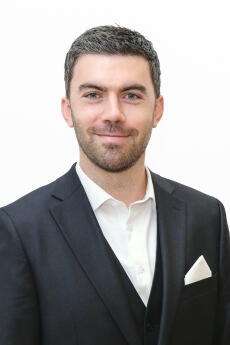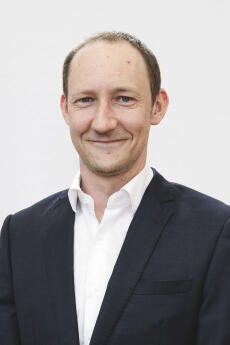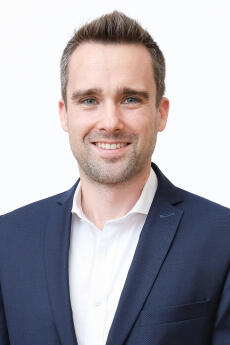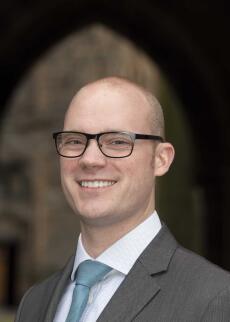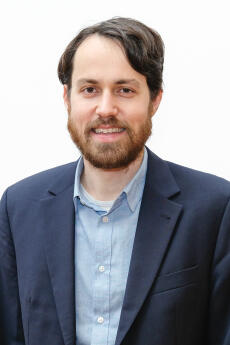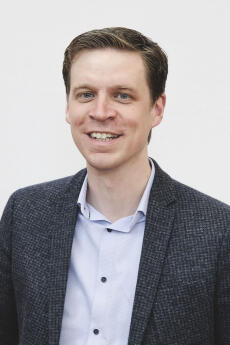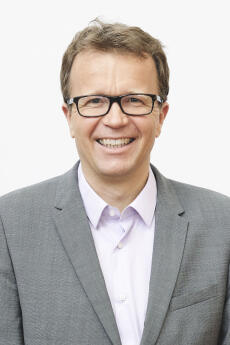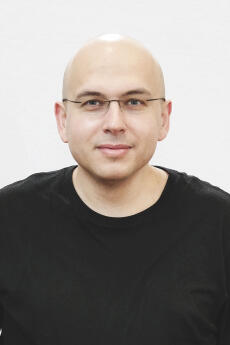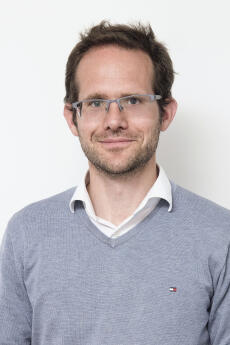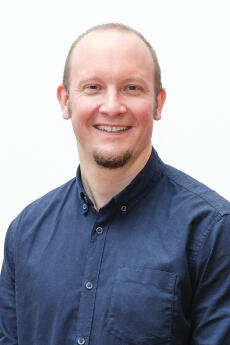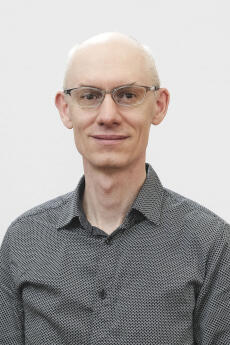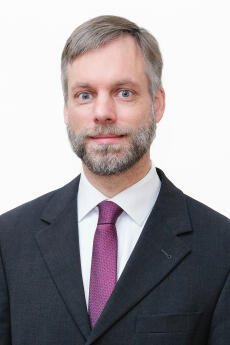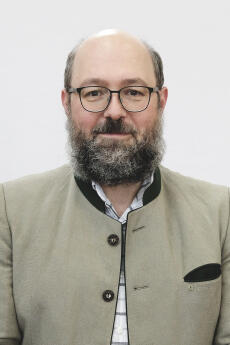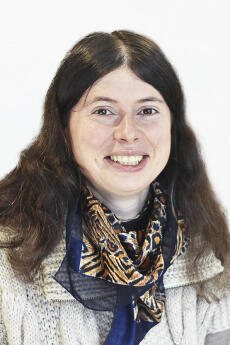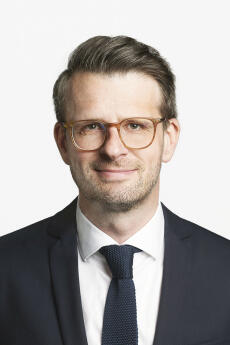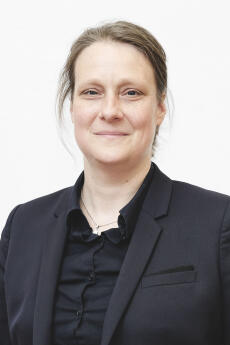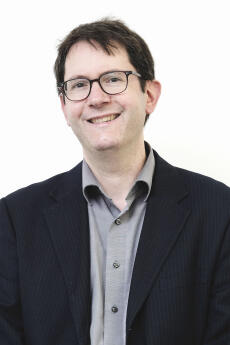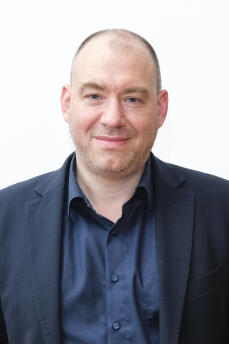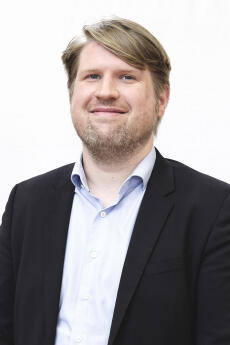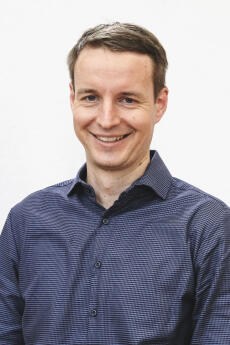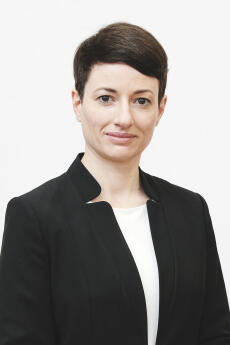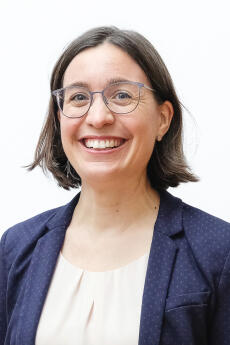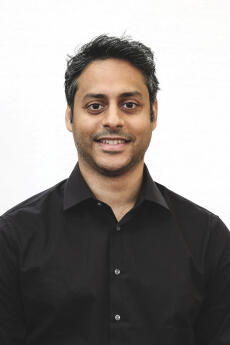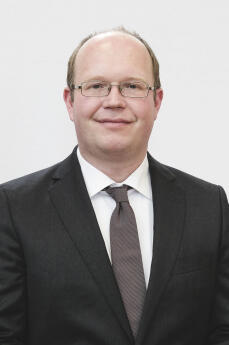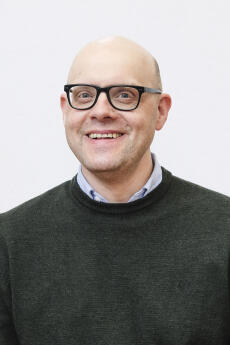
Prof. Sebastian-Edgar Baumeister
(Faculty of Medicine)
Sebastian-Edgar Baumeister has been at the Faculty of Medicine since February 2021. He wrote his doctoral and habilitation theses at the University of Greifswald in the field of population-based epidemiology. Before he moved to Münster, Baumeister headed the “Epidemiological Statistical Methods” working group at the Chair of Epidemiology at the University of Munich at UNIKA-T Augsburg. Further stages in his career were at the Technical University of Munich, the University of Regensburg and the Department of Health Policy and Management & Department of Family Medicine at the University of California in Los Angeles. His current focus of research is on the impact of physical activity on psychiatric, cardiometabolic and cancerous diseases, as well as the effects on pulmonary diseases and cancer of taking cannabis. At the Centre for Dental, Oral and Maxillo-Facial Surgery he is investigating causal determinants of periodontitis and is developing data-assisted decision support systems in the treatment of periodontitis.

